
Five Confusing Word Pairs
The English language has many confusing words because of all of those homonyms and synonyms (don’t even get me…
January 9, 2016
The English language has many confusing words because of all of those homonyms and synonyms (don’t even get me…
January 9, 2016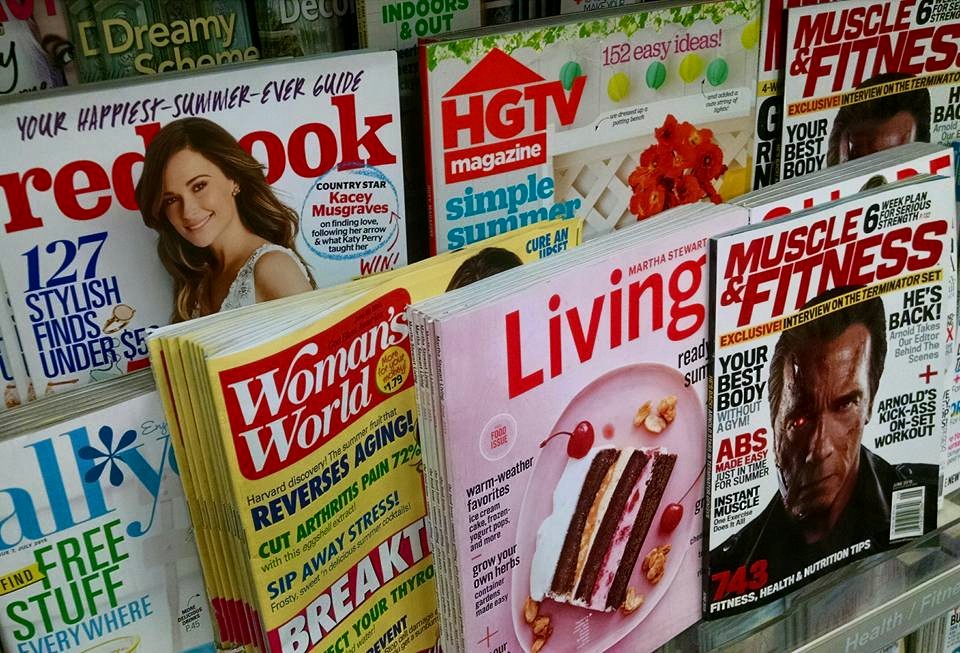
Professional, friendly and witty are words I use to describe Lori. I met her at the Blue Ridge Mountain…
December 16, 2015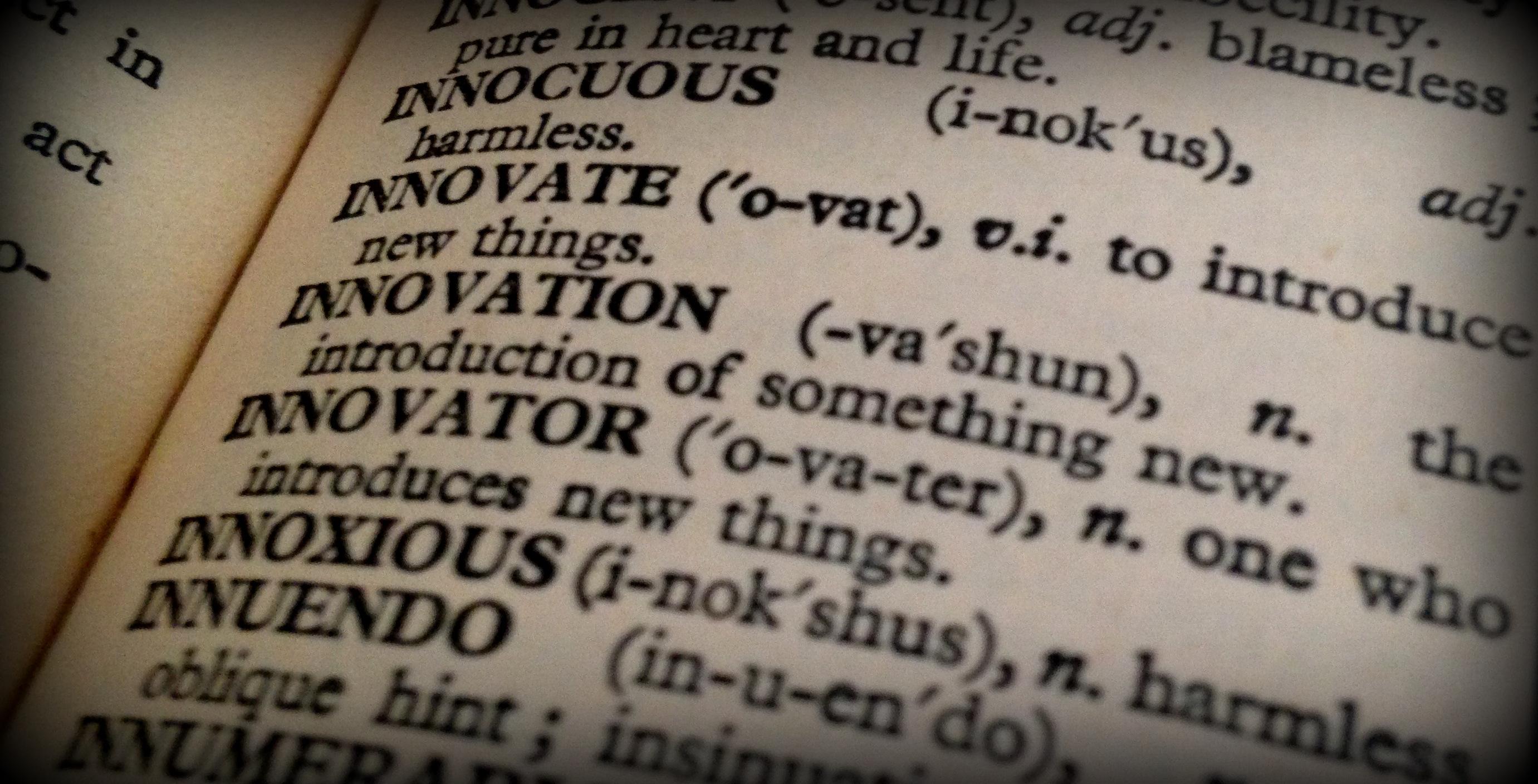
What’s wrong with this sentence? Me and Cam finished the Army Ten-Miler. Me should be I, right? Easy. Most…
September 18, 2015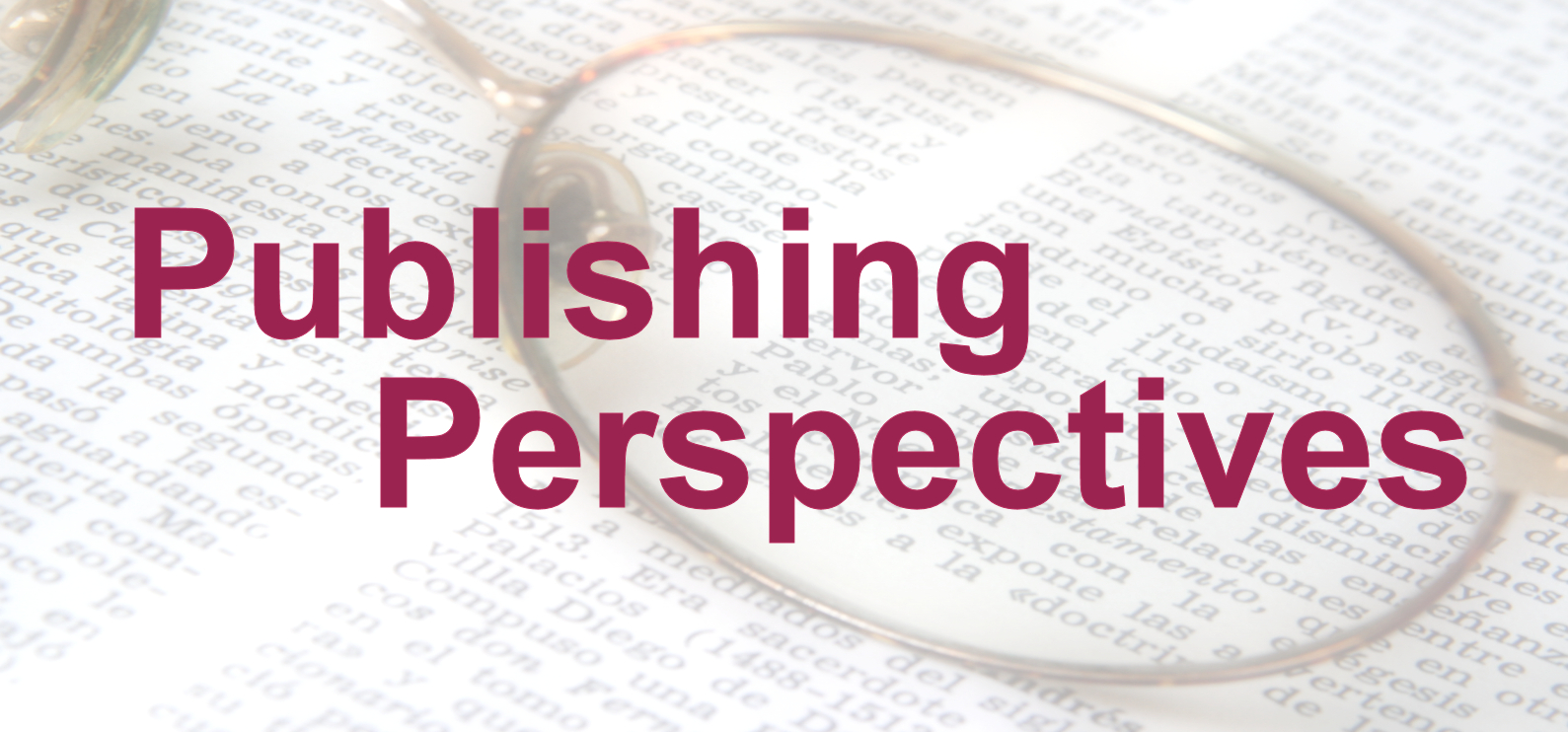
Writing a book can be hard work. Then you polish it: more hard work. Then there’s the hard work…
August 29, 2015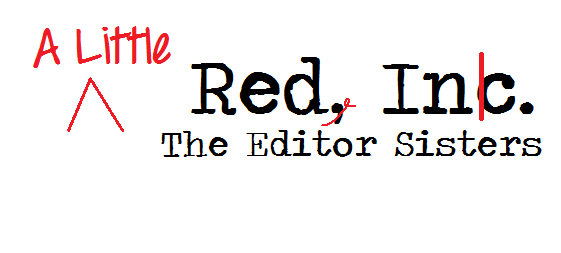
Why hire an editor if you’ve got a great critique group and you’re a grammar stud? Answer: A fresh…
August 20, 2015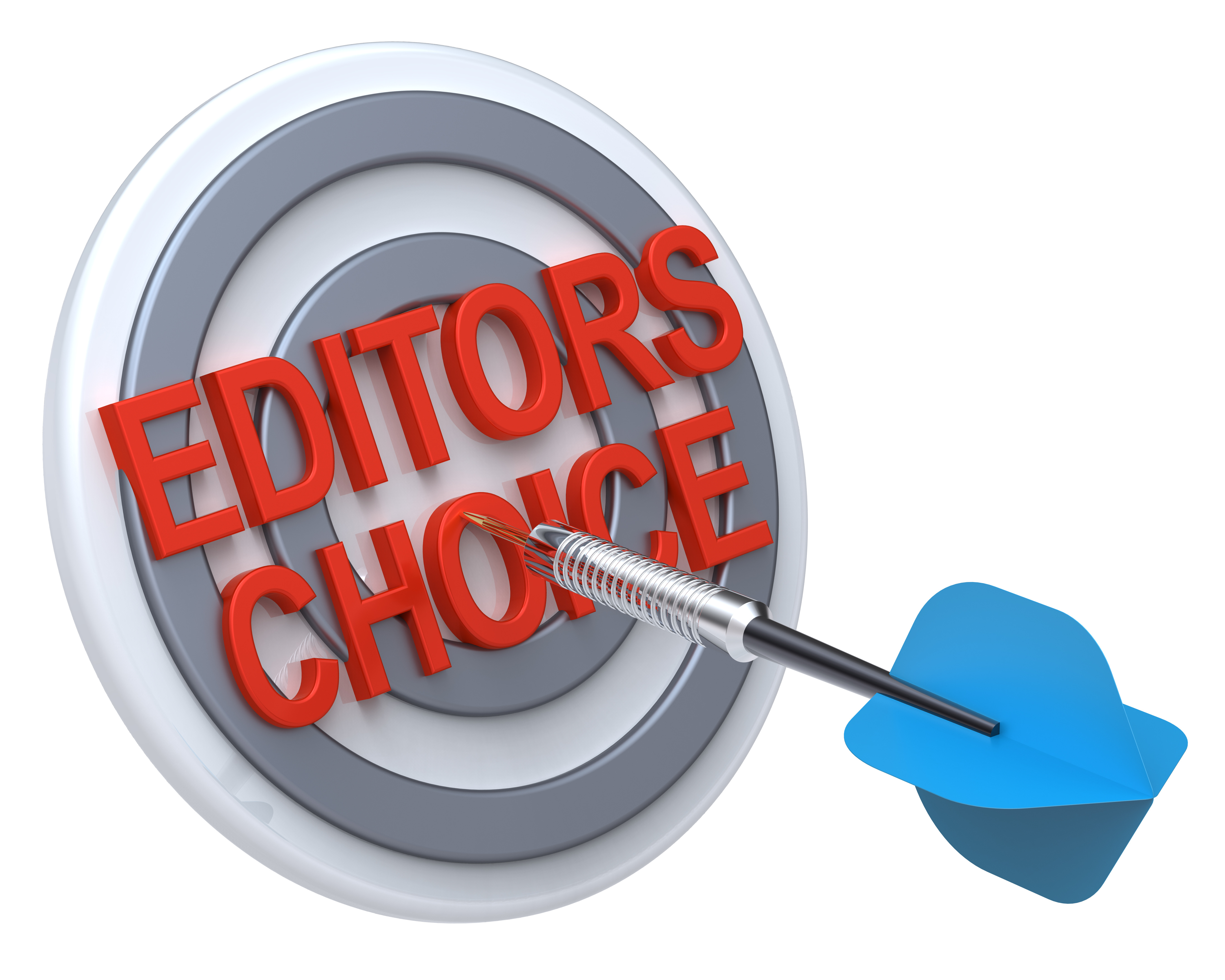
Punctuation and grammar come easily to me. I remember rules from elementary school, can recite a whole list of…
August 10, 2015
Ever ask a friend’s, relative’s or colleague’s opinion on something you’ve written? You wait patiently, trying not to stare,…
July 19, 2015
When you write dialogue, think like a screenwriter. Every minute of screen time, every word counts. Don’t add fluff. …
July 10, 2015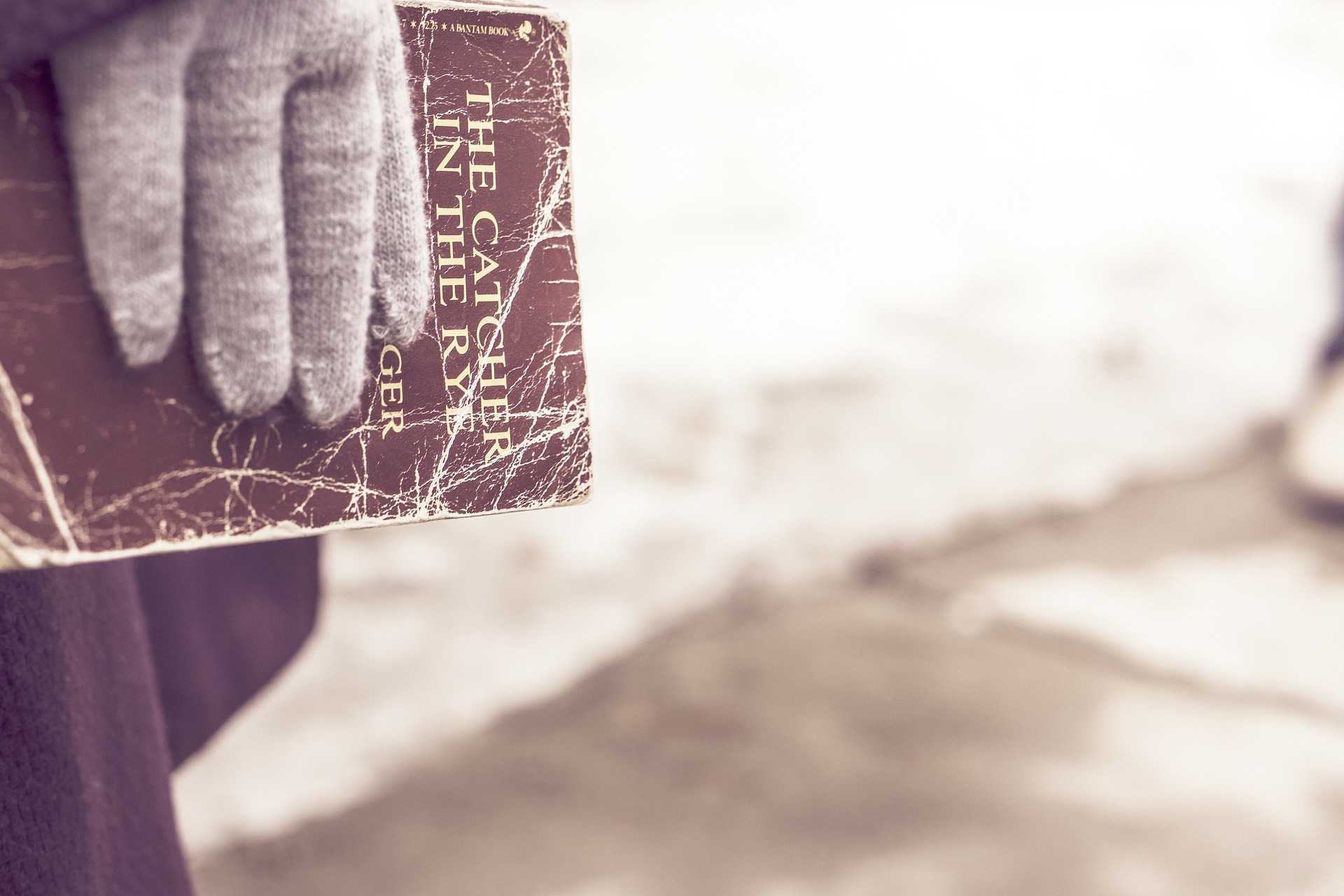
One of the key ingredients you should look for when hiring an editor is a love of reading. I…
June 25, 2015
Everybody wants something. Why do YOU want to write, for example? Maybe you want to write a book for…
June 12, 2015